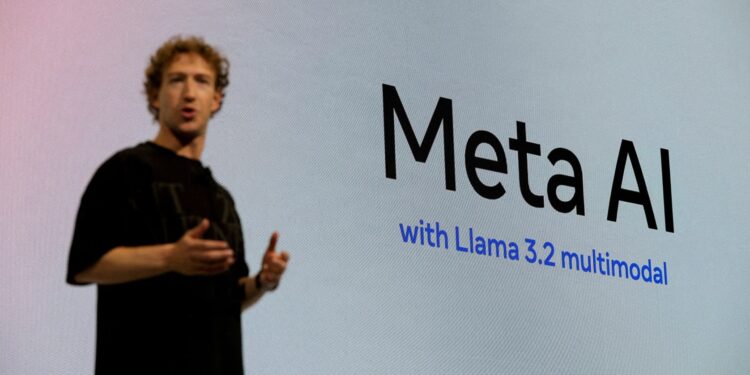In a significant strategic move solidifying its aggressive push into advanced artificial intelligence, Meta Platforms has officially appointed Shengjia Zhao, a renowned co-creator of OpenAI’s innovative ChatGPT, as the Chief Scientist of its newly formed Superintelligence Lab. The announcement, made by Meta CEO Mark Zuckerberg via a Threads post on Friday, underscores the company’s commitment to top the race for next-generation AI.
Zhao’s appointment marks a major coup in the intensifying Silicon Valley AI talent war. A former research scientist at OpenAI, Zhao played a pivotal role in the development of not only ChatGPT but also other foundational models including GPT-4 and several of OpenAI’s “mini models” like 4.1 and o3. His expertise in large-scale machine learning and innovative scaling paradigms is expected to be instrumental in Meta’s pursuit of Artificial General Intelligence (AGI) and beyond.
In his new role, Zhao will be responsible for setting the research agenda and scientific direction for the Superintelligence Lab, working directly with Zuckerberg and Alexandr Wang, Meta’s Chief AI Officer. Wang, whom Meta recently brought on board after acquiring a significant stake in his startup Scale AI, will oversee the operational aspects of Meta’s superintelligence strategy.
Zuckerberg lauded Zhao as a “co-founder of the lab” and stated that he had been “our lead scientist from day one,” with his formal leadership role now being formalized as the team rapidly comes together. This move signals a deliberate restructuring of Meta’s AI efforts, with the Superintelligence Lab operating separately from Meta’s long-established Fundamental AI Research (FAIR) division, which remains under the leadership of deep learning pioneer Yann LeCun.
Meta’s Superintelligence Lab was launched to consolidate and accelerate its work on its Llama family of large language models and its long-term ambitions for “full general intelligence.” The company has been aggressively recruiting top-tier AI talent from rivals like OpenAI, Google DeepMind, Apple, and Anthropic, offering highly competitive compensation packages. This talent acquisition spree follows the somewhat underwhelming performance of Meta’s Llama 4 model and highlights the company’s determination to close the gap in advanced AI development.
The appointment of Shengjia Zhao, a figure synonymous with some of the most impactful AI breakthroughs in recent years, firmly positions Meta as a formidable contender in the pursuit of artificial superintelligence – a hypothetical system capable of surpassing human cognitive abilities. With billions being invested in AI infrastructure and a burgeoning team of elite researchers, Meta is clearly making a substantial gamble on a future where it aims not just to compete, but to redefine the field of AI.










![Online Scam Cases Continue to Rise Despite Crackdowns on Foreign Fraud Networks [Myanmar] Online Scam Cases Continue to Rise Despite Crackdowns on Foreign Fraud Networks [Myanmar]](https://sumtrix.com/wp-content/uploads/2025/06/30-12-120x86.jpg)




